Puerto Rico Energy Crisis Fuels Class Action
Puerto Rico Energy Crisis Fuels Class Action
Since the industrial revolution, the world has run on fossil fuel: oil, coal, coal, gas and hydroelectrical energy. Capital depends on it, wages war over it, bloodily oppresses and exploits humanity for it, and profits by it. Fossil fuels come from deep underground. Capitalism is born from stripping the people of land, air, and water – the commons, exploiting them and charging workers for their use. But there has always been resistance (not coincidentally, “commons” is the root word of “communism”). Puerto Rico’s so-called energy crisis today has its deepest roots in this dynamic, still shaping the present. Its people are living through the privatization not only of public goods, like the energy grid, but also of their beaches, parks, rivers, mountains, coastal waters, and skies.
And they are fighting back. The struggle over the public domain is a class struggle, also being waged over here and globally. But a key frontline for us right now is in that small, combative island, yielding lessons, setting an example and giving us inspiration. One such lesson is that the nature of the “energy crisis” is inseparable from that of the “debt crisis,” and that both are, essentially, fabricated tools of capital in its voracious pursuit of profit. Puerto Rico has the resources for renewable energy, which its people favor, but it only accounts for 3 percent of electricity production.
Energy and debt in Puerto Rico: Capitalism at work, people pay
The heart of the local economy in Puerto Rico is the energy industry, for the profit of capital and the working class’s misfortune. Over the last few years, it went from being a public utility to one that is owned by LUMA Energy, a private consortium based in Canada and Texas which runs the island’s power transmission and distribution system. Now the 45-to-60-year-old obsolete and failing power generation units are going private, while clean, renewable energy remains neglected. Governments, big business, corrupt bureaucrats and politicians, financial speculators, and venture capitalists have all colluded in this process. The militant energy workers union UTIER put up a heroic battle against this steal, but could not win alone. For people, it has meant blackouts and ever-higher electrical bills, with seven increases recently. Now, adding insult to injury, the government has added a “temporary” (15 years!) surcharge of $19 to the monthly utility bill to service the debt enriching the exploiters – reduced from $23 when people protested.
All this comes on the heels of a 16-year assault on the class, a period of economic devastation and job loss, crumbling infrastructure, dismantling of social services, rising costs, natural disasters without protection, and the onslaught of Covid. Capitalists have profited from it all. The latest irrational linkage of a utility bill to governmental debt in a warped way reflects a real truth: Both the “energy crisis” and “debt crisis” are capitalist fabrications to suck more profit out of the beleaguered class. Workers have suffered these blows, but they have also proven to be resilient – and fighting mad.
A battle front: Aguadilla residents’ fight for their beaches is a class response
Through mass action and organization, the people have ousted two governors (Luis Fortuño, in 2013, and Ricardo Roselló Nevares in 2019) and put the overlord Financial Control Board, or Junta, on notice. Abandoned by the government, by the corporate elite and by the entire ruling system, they have mobilized in networks of mutual help, formed cooperatives and rallied around flash points of struggles for services or community rights. The fight for the commons is not new, as successful campaigns in the past halted plans for exploiting copper deposits and, twice, for building gas pipelines. Now, the resistance has intensified and grown.
One flash point is the public beaches, with confrontations occurring on all four of the island’s coasts. A spearhead is the fight in Aguadilla, on Puerto Rico’s breathtaking northwest coast. Its land, waters and skies along the beautiful coast have provided residents livelihood, nourishment, and a space for recreation. Real estate interests, venture and financial speculators, and the usual cabal of bureaucrats and politicians have coveted it for years, looking to privatize and build luxury high-rise buildings and resorts for the wealthy. But “the locals” (the exploiters’ term) have defended their beaches and impeded development, at times clashing with hired security forces. On January 29, a security guard shot a protester in the leg with live ammunition.
The fight for the commons is a fight for the class
What makes the fight for public beaches an expression of class struggle? In the era of industrialization, fighting for communism often centered on fighting for a party of the working class. In our age of powerful computers and robotics, the Puerto Ricans’ struggle to control the fruits of their labor is centering on defense of the commons. It is a battle for the commons against privatization and the corporate elite. When they seize the commons, everybody is affected. This forces people to work and fight collectively to keep them public, opening a front in the broader class struggle for power.
The fight for public beaches is one against capitalism, and the fight against capitalism is a fight for life. When corporations poison the land, air and water, people cannot safely eat the food, breathe the air, drink the water. Their lives, then, depend on safeguarding the commons. Hence, the fight for free access to the commons, requiring collaborating, organizing and strategizing, forges class consciousness and unity. Environmental crisis, “energy crisis,” “debt crisis” – all are part of one fundamental calamity: the ripping away of the commons from the people for the sake of corporate profit. It is opening up working people’s eyes, riling them up and setting them in motion. It left people with no other choice in the face of governmental collusion and repression. In the process, they are learning that the battle for control of the commons can only be waged as a class. They will discover it can only be won by taking control of the means of production.
The League’s role
Aristotle saw four basic elements: air, land, water, and fire. For us, fire is the class struggle. We can support the fight in Puerto Rico by showing our class here how the continued exploitation of workers over there enriches our own mainland rulers, how their oppression and repression are like those suffered here, how the growing fight against exploitation – and racism, sexism, and all forms of oppression – is fundamentally no different over there than the one waged over here. At this moment, a frontline of our mutual struggle is on that small island fighting to protect the commons against corporate greed and fascism and for life, dignity, fundamental rights and the measure of joy we all deserve. The very word implies it, from “commons” (natural resources belonging to all) to “communism” (social wealth is owned in common and distributed according to need).
March/April 2023 Vol33. Ed2
This article originated in Rally, Comrades
P.O. Box 477113 Chicago, IL 60647 rally@lrna.org
Free to reproduce unless otherwise marked.
Please include this message with any reproduction.

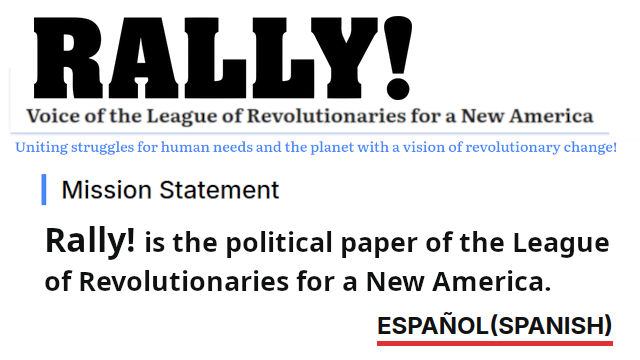
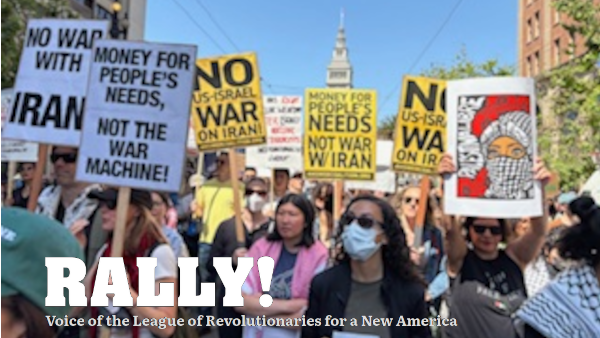
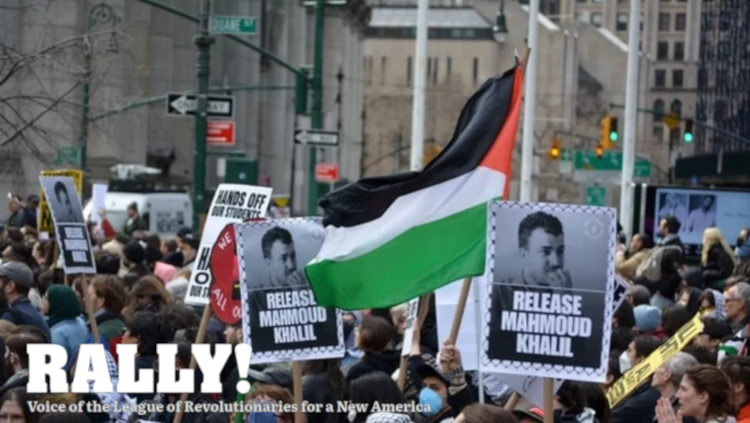
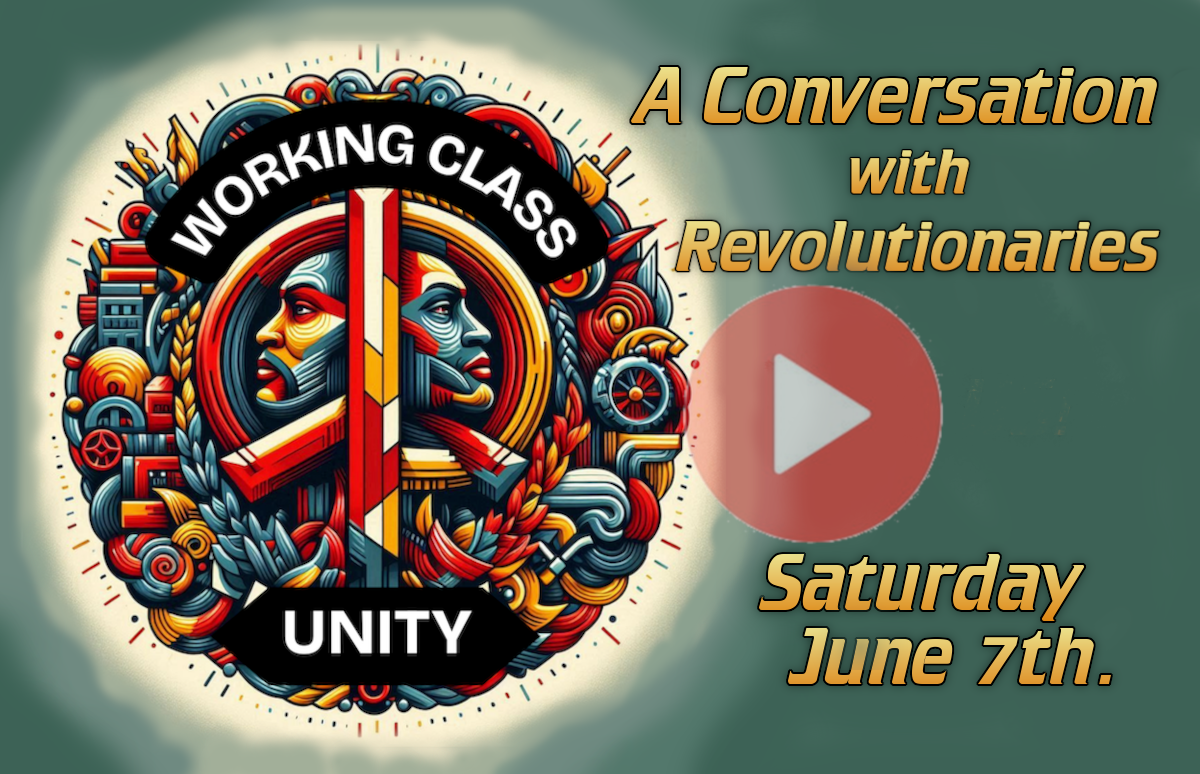




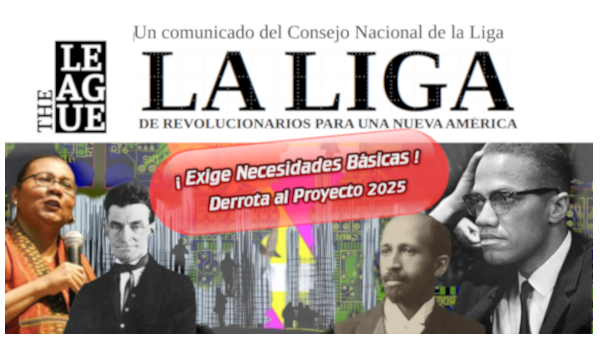
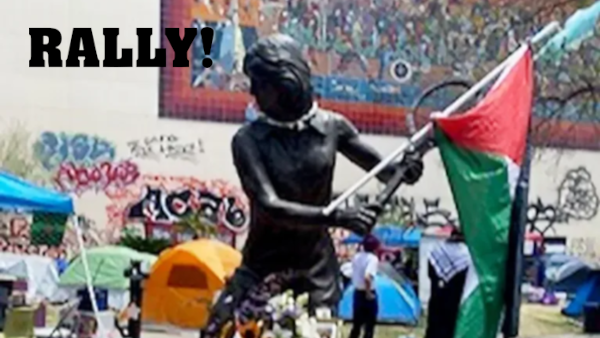
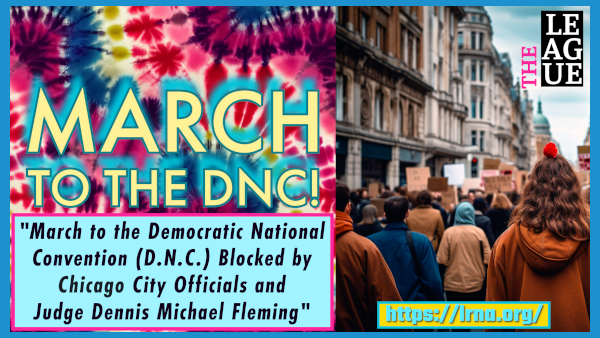
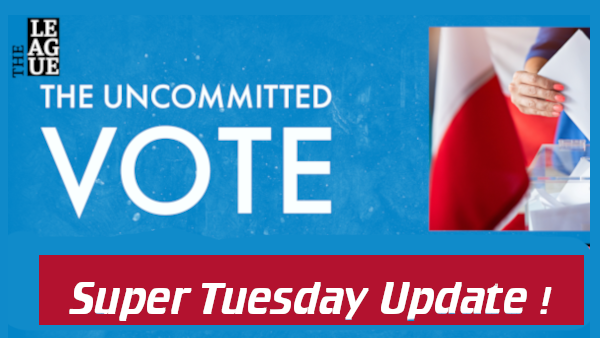
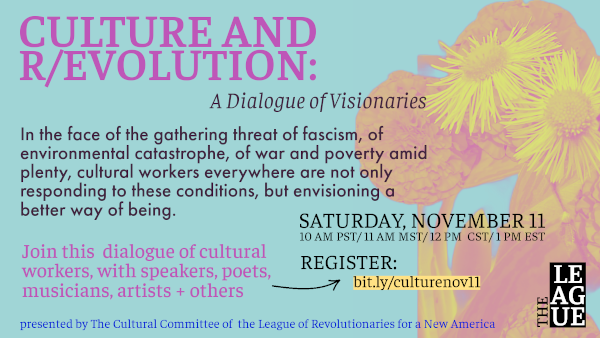
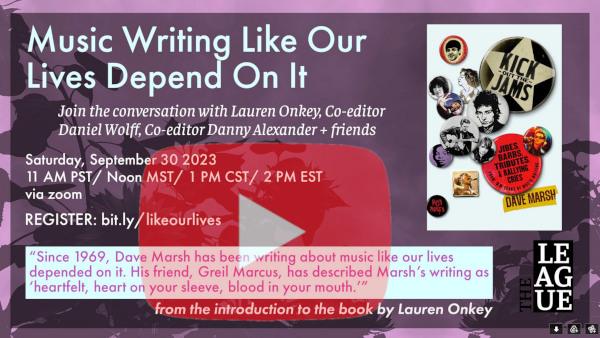
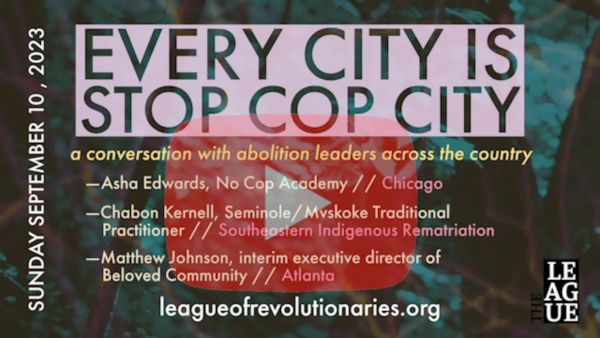
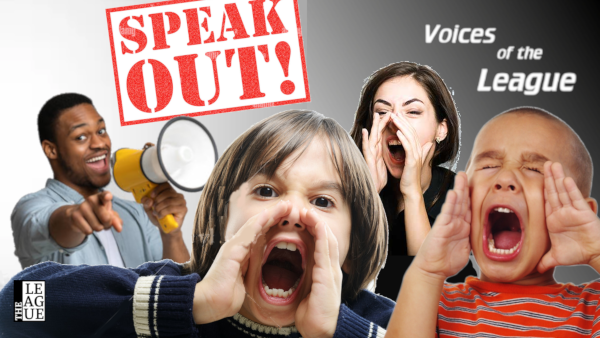
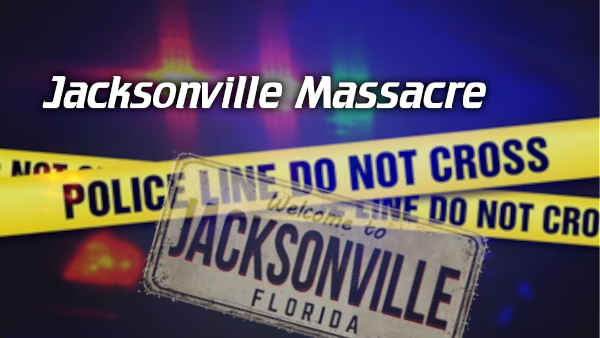

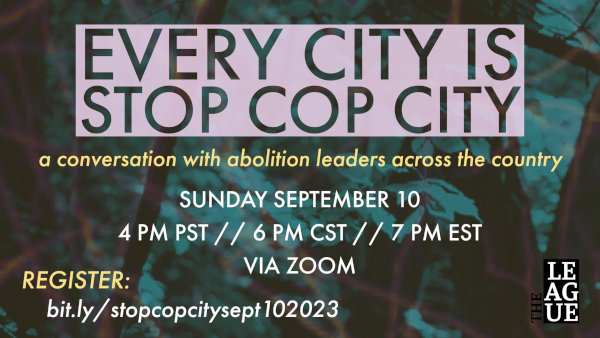

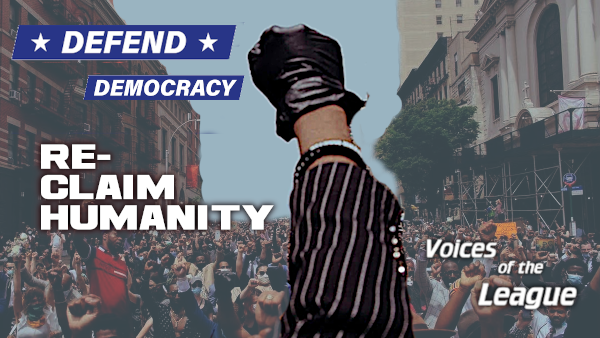
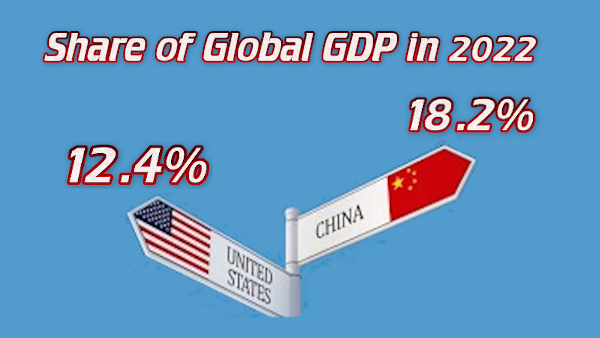

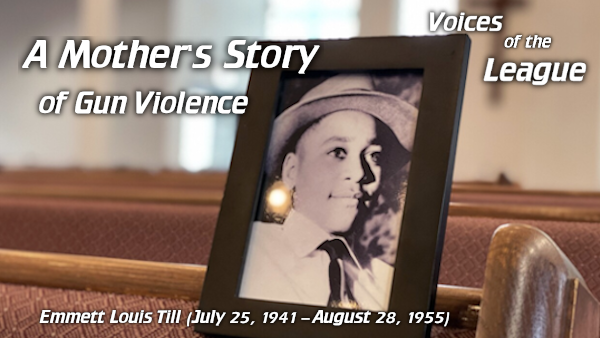
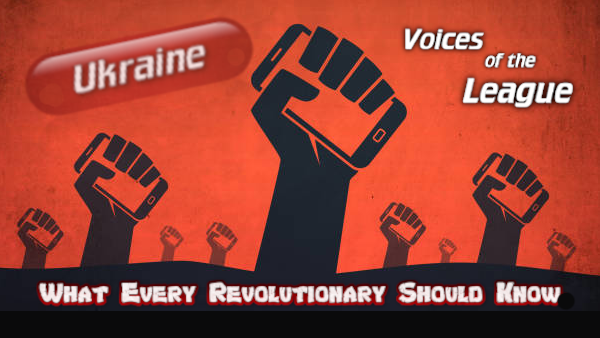
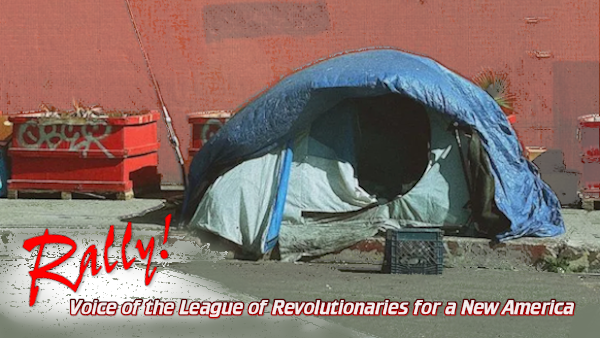
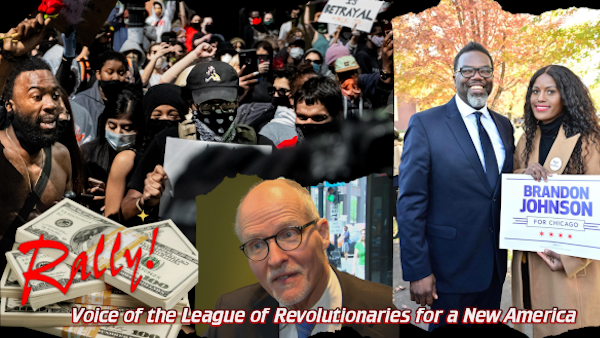
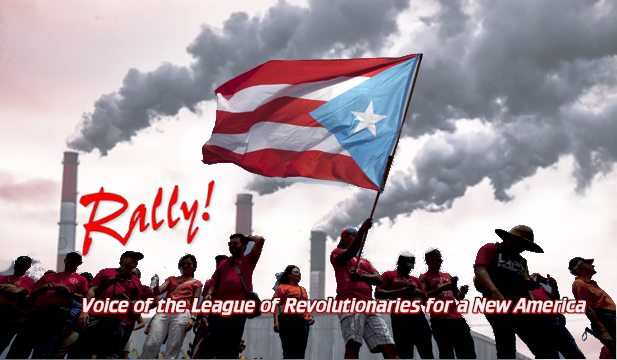
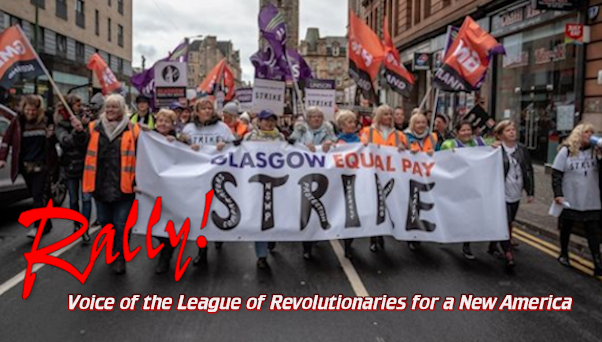
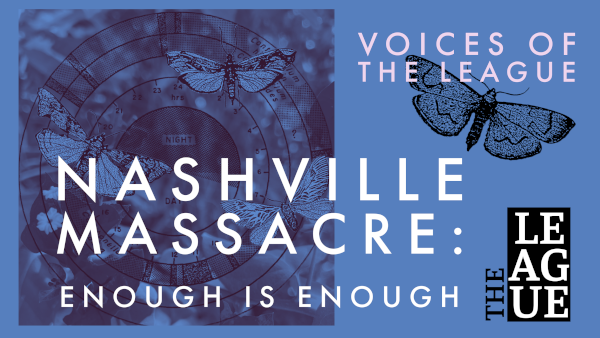
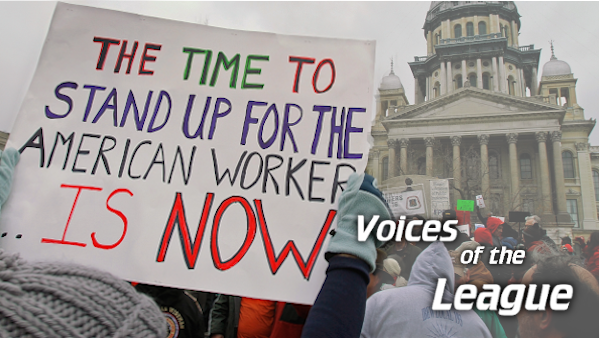
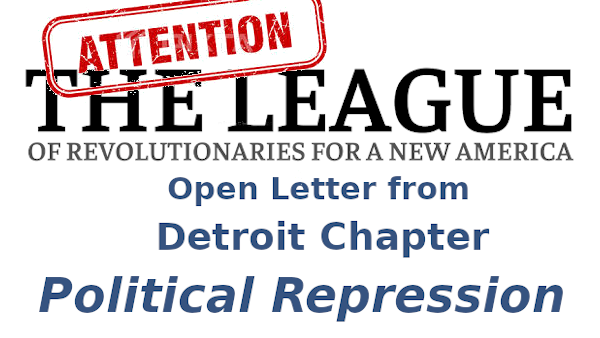

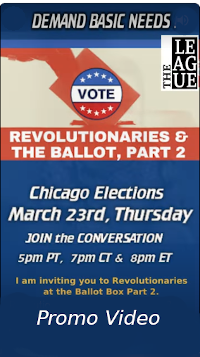
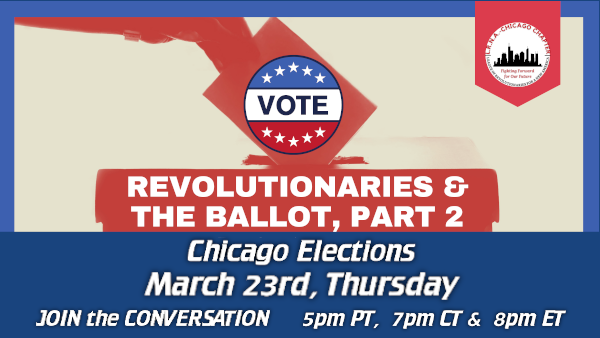
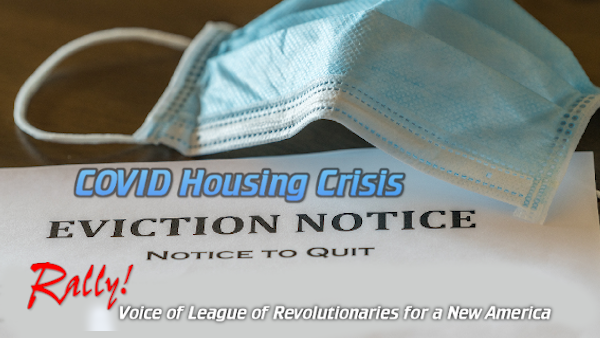
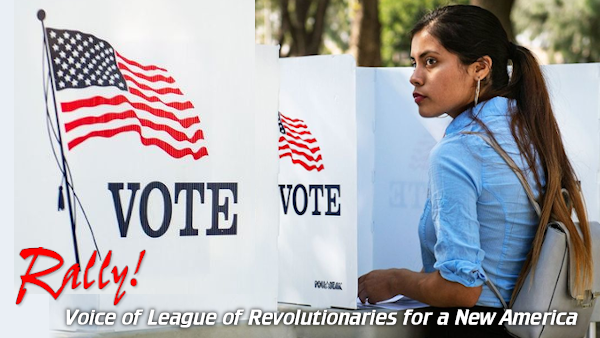
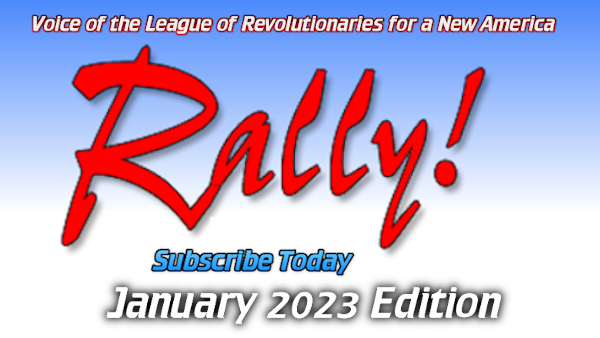
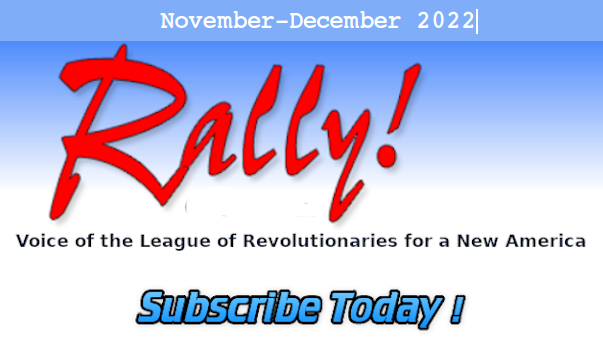
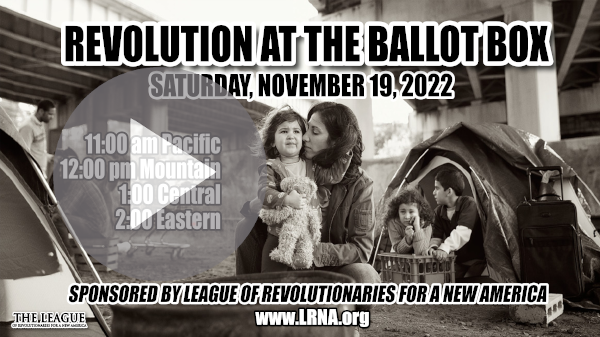
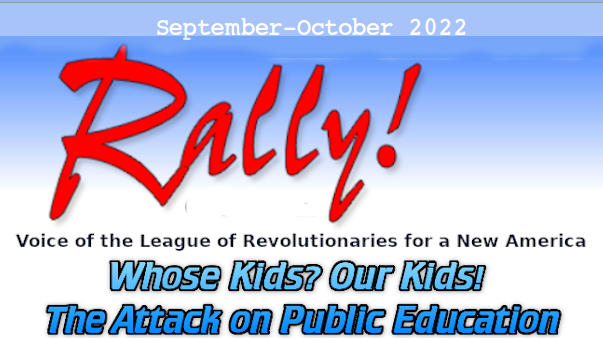
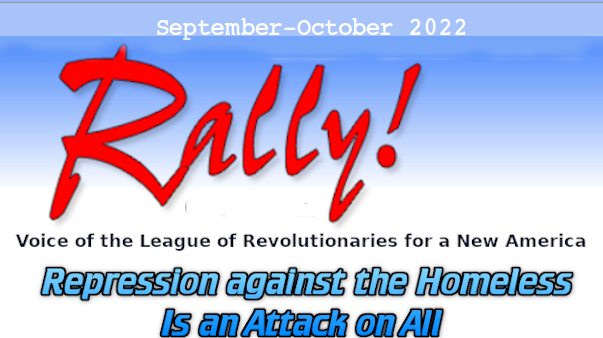
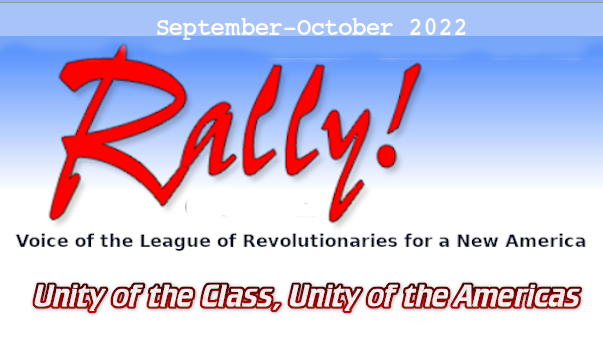
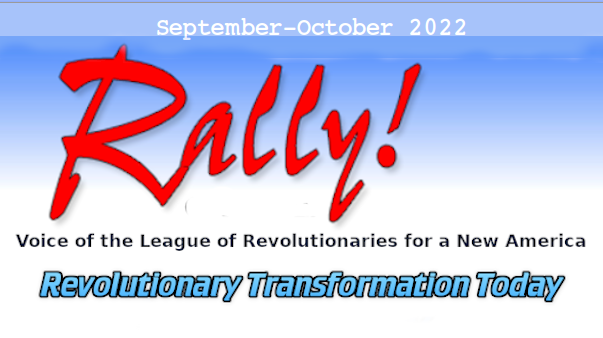
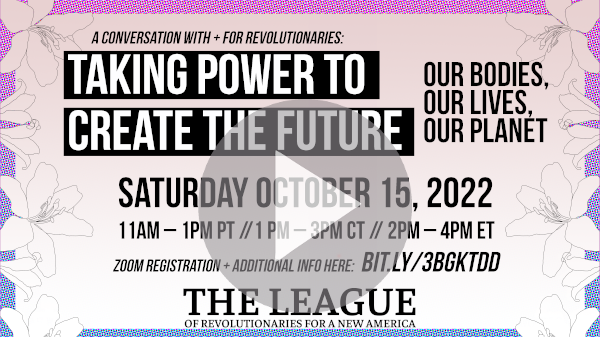
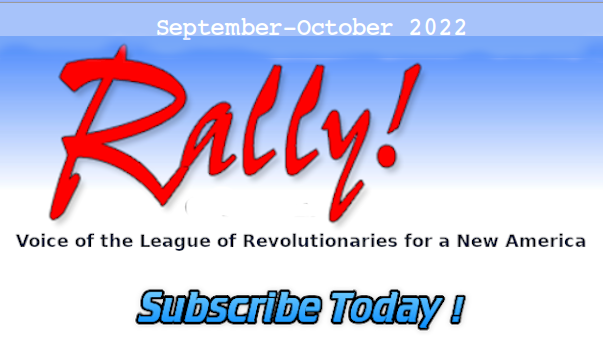
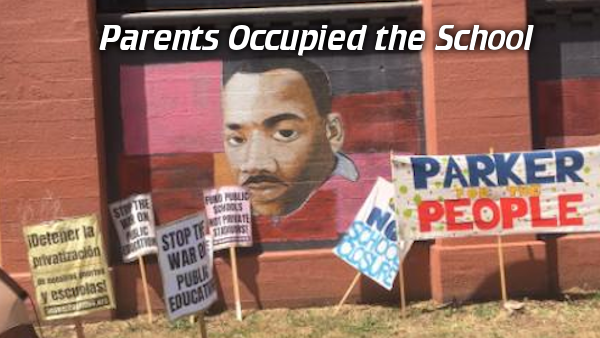
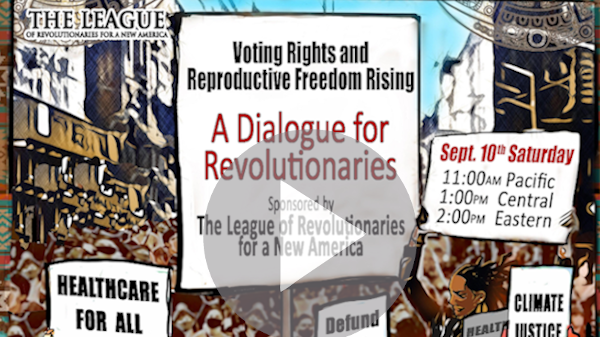
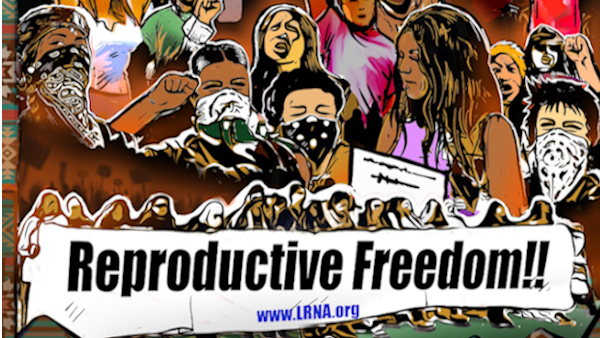
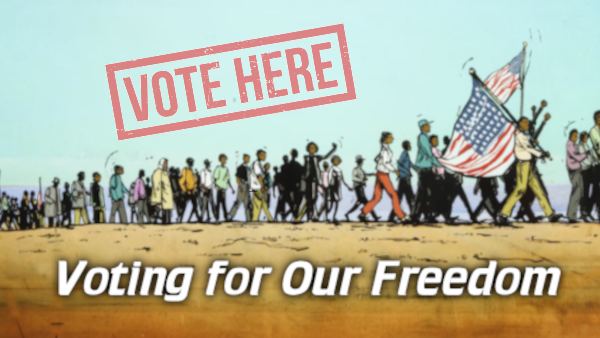
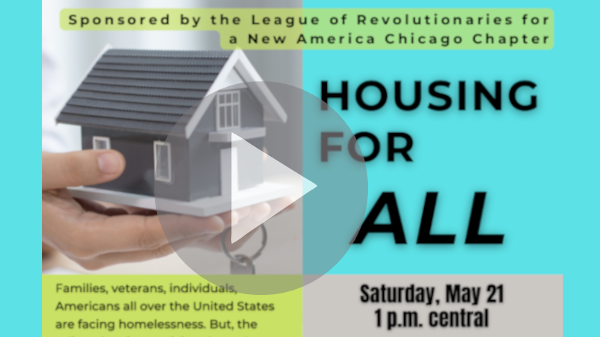
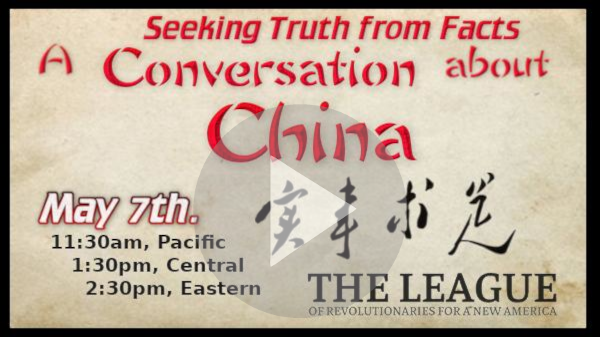
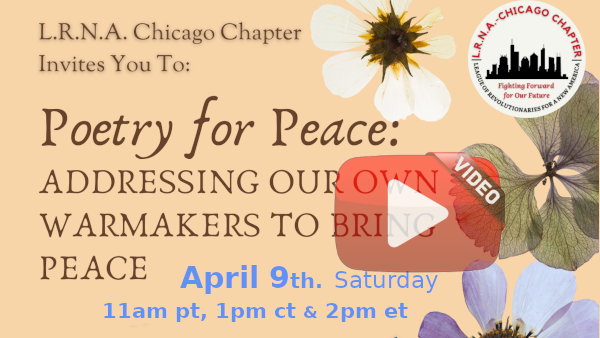
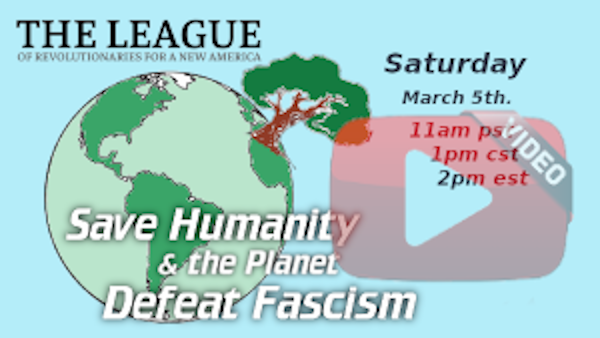
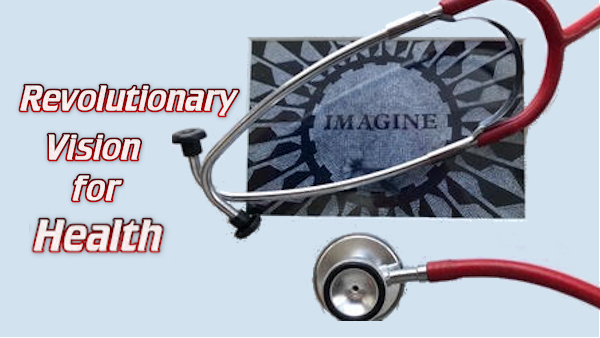
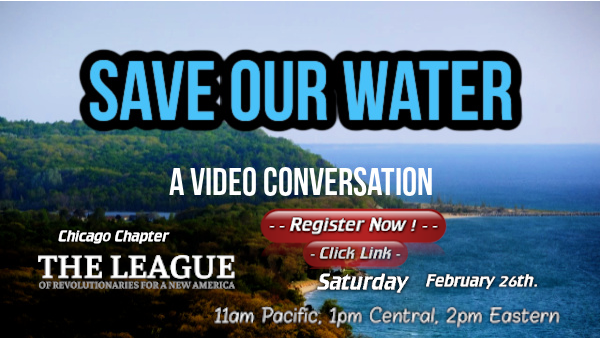
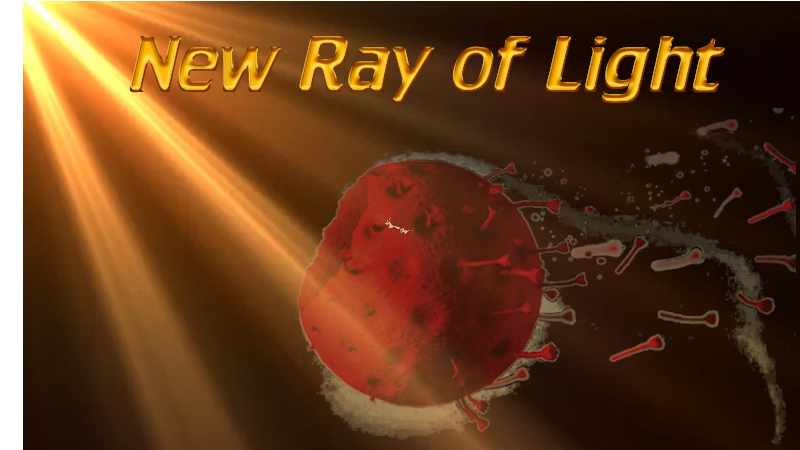
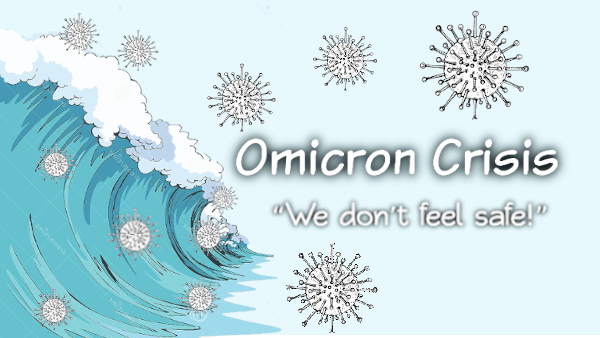
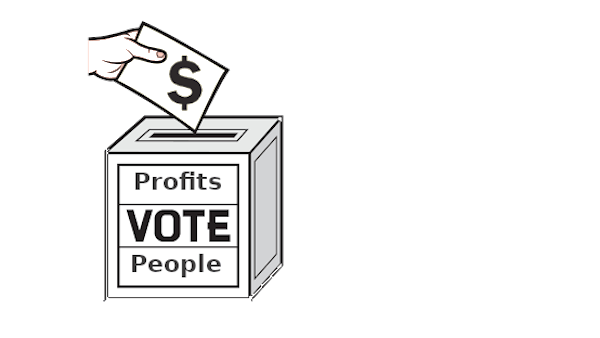
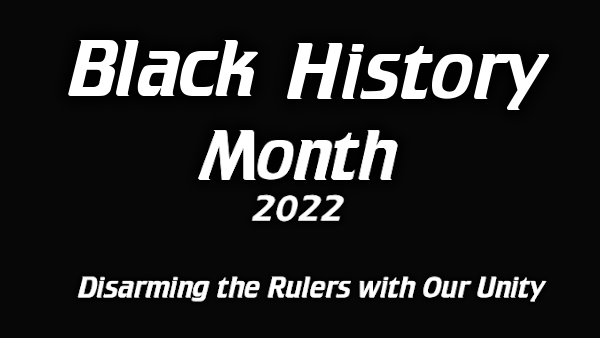
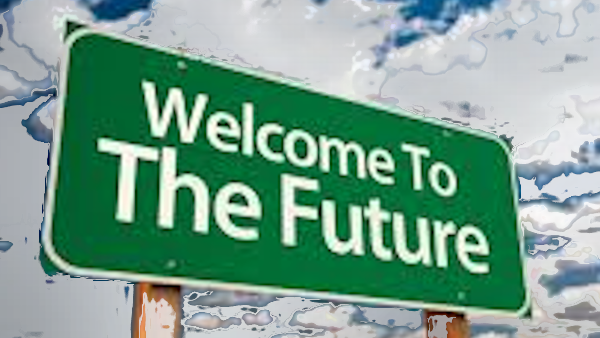
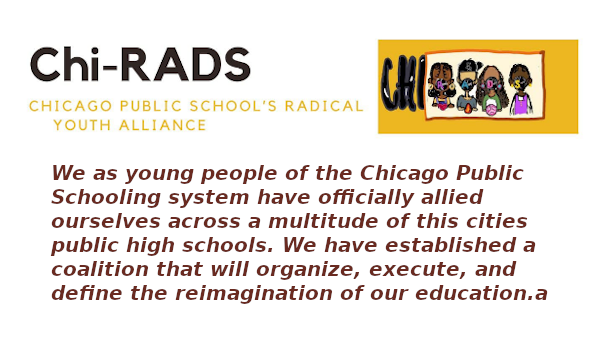
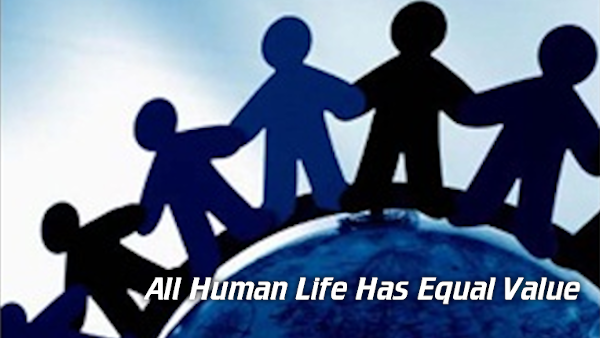
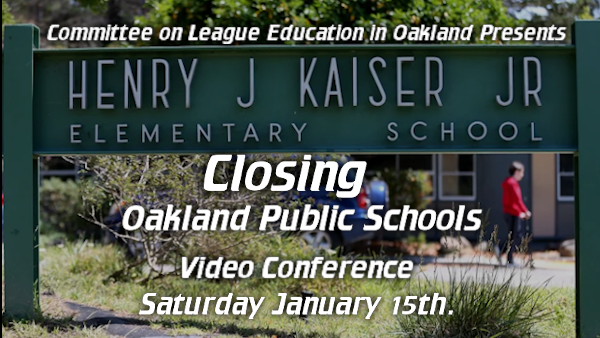
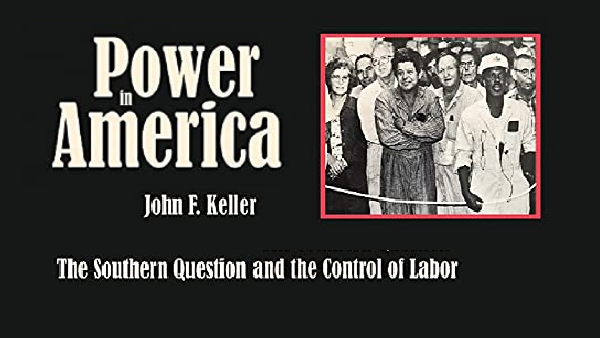
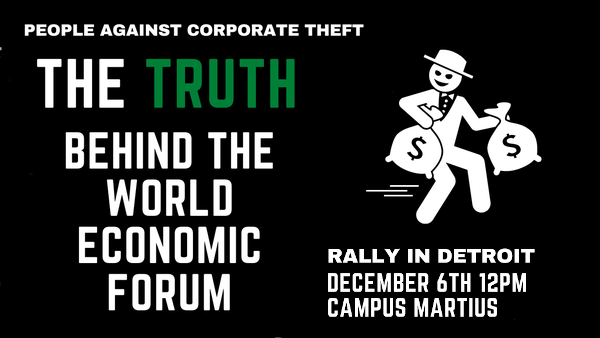
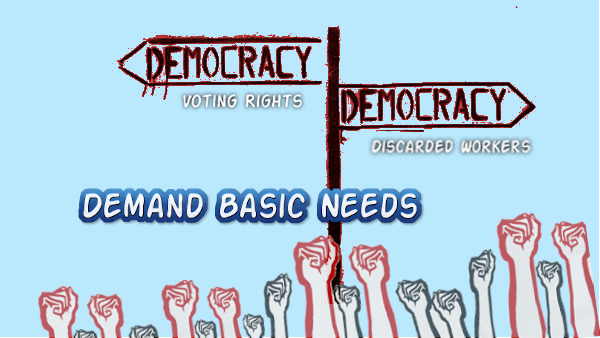
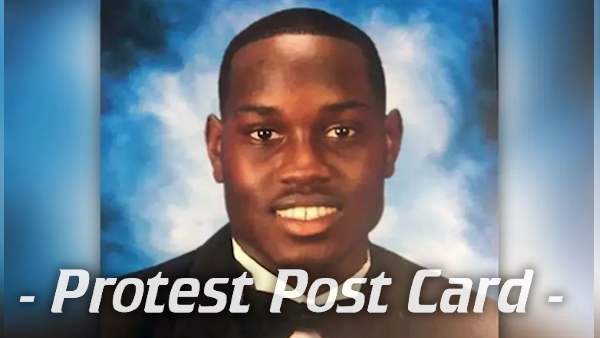
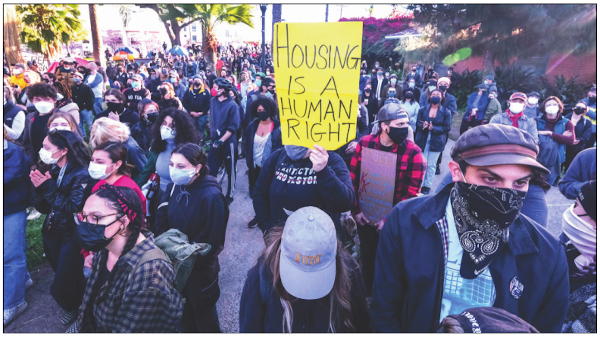
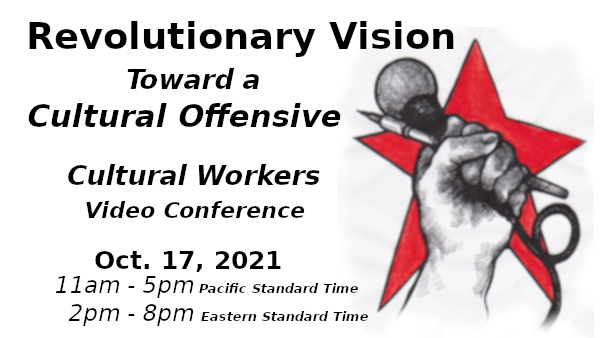
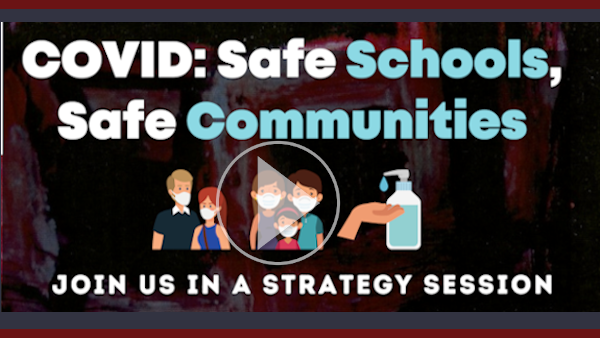
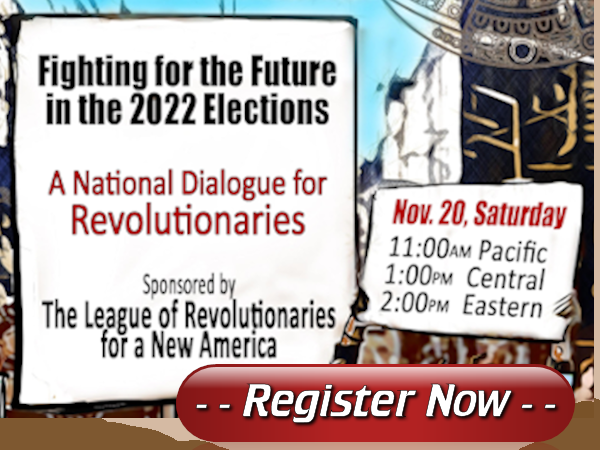
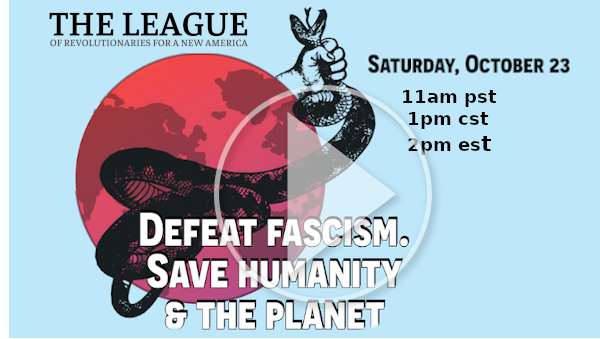
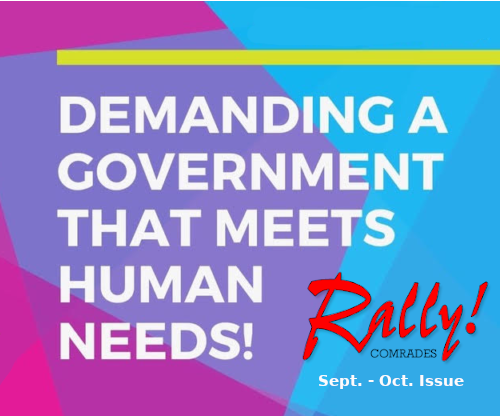
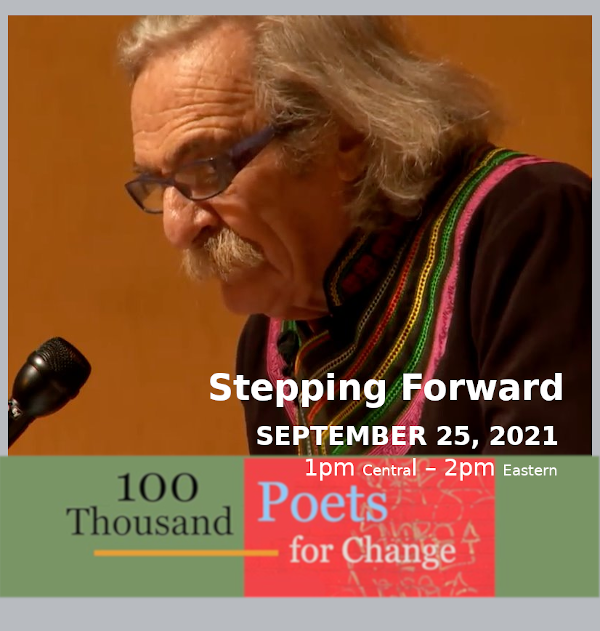
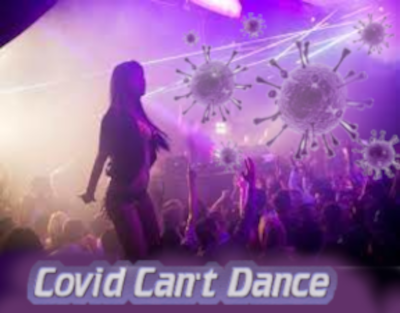
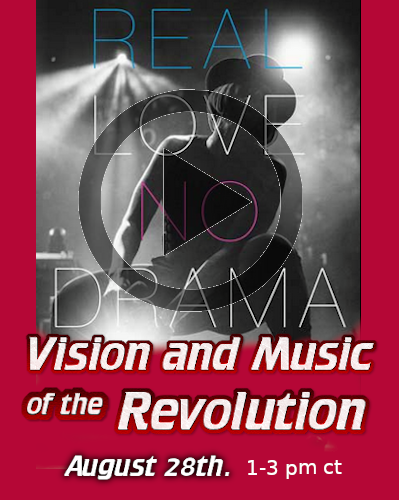
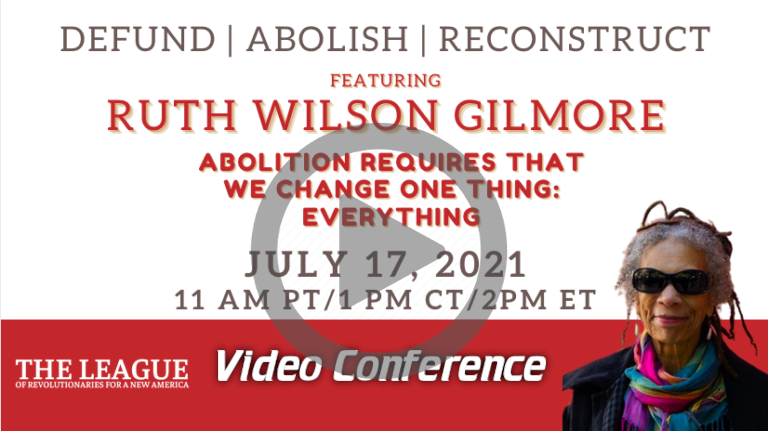
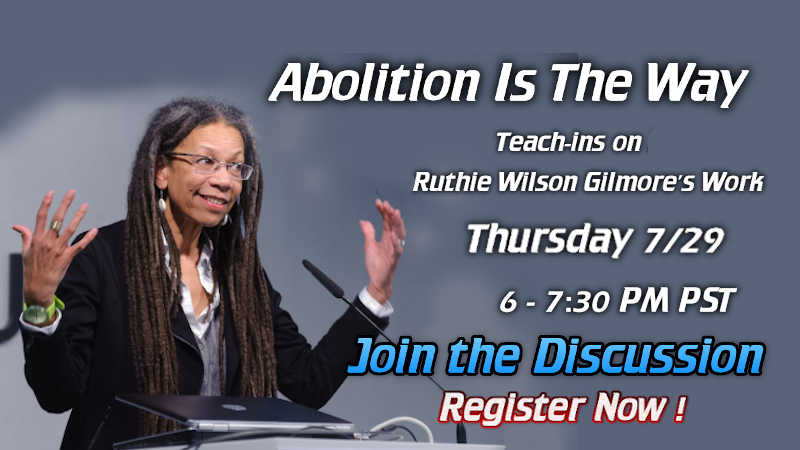
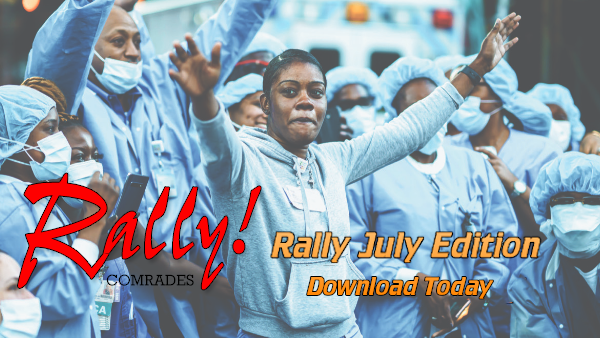
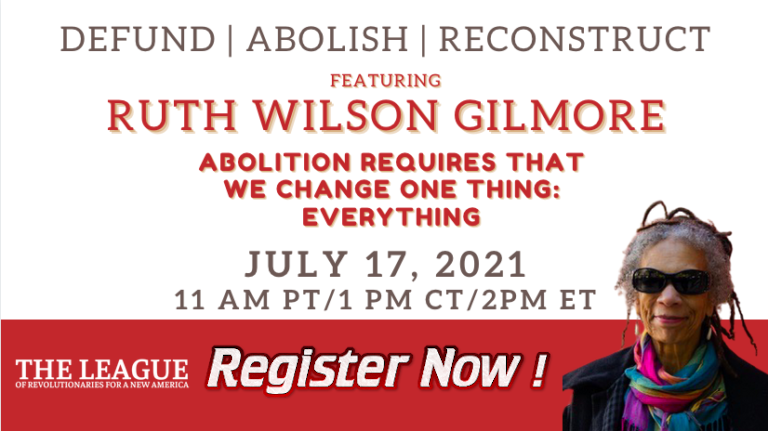
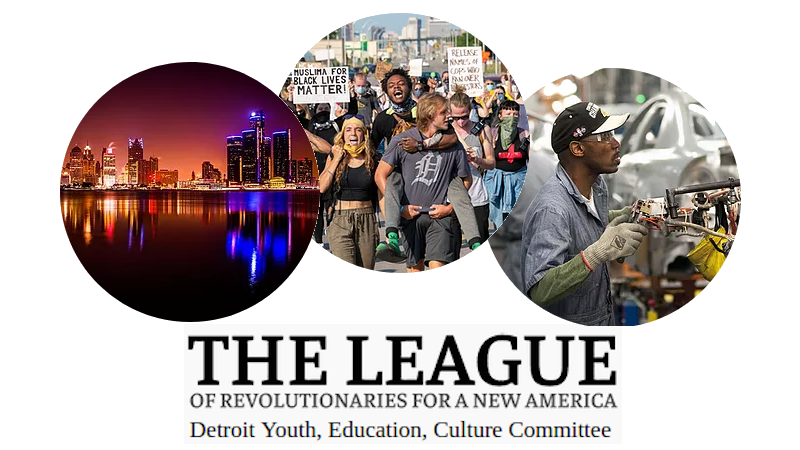
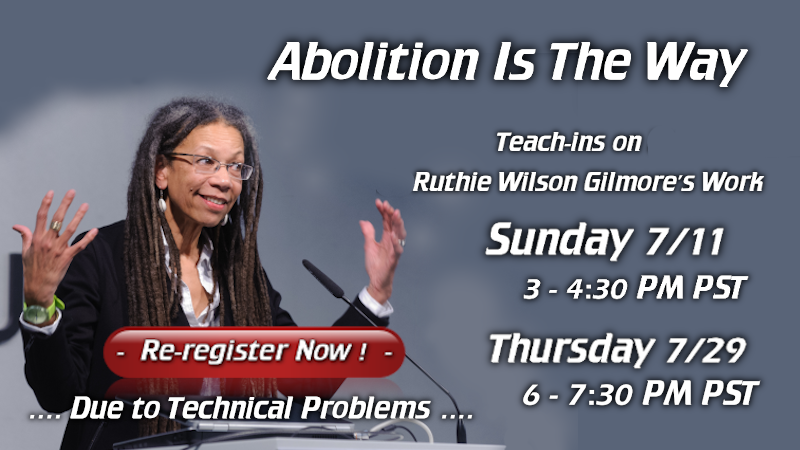
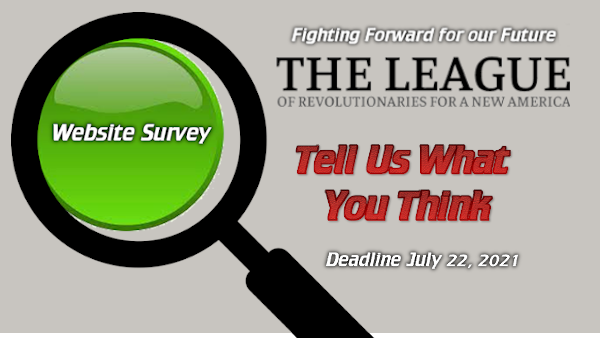
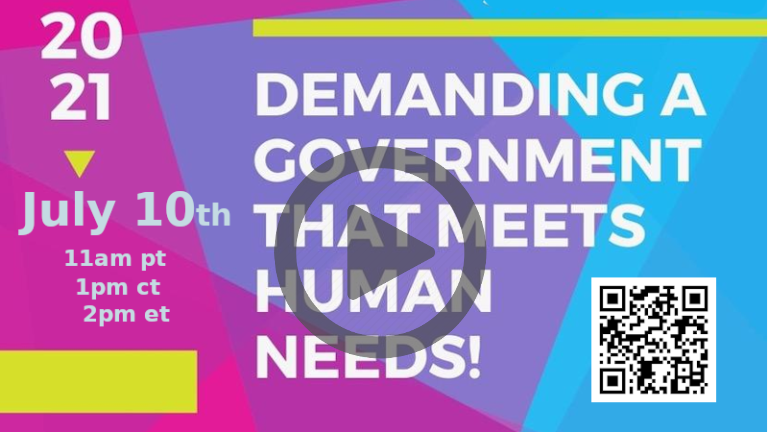
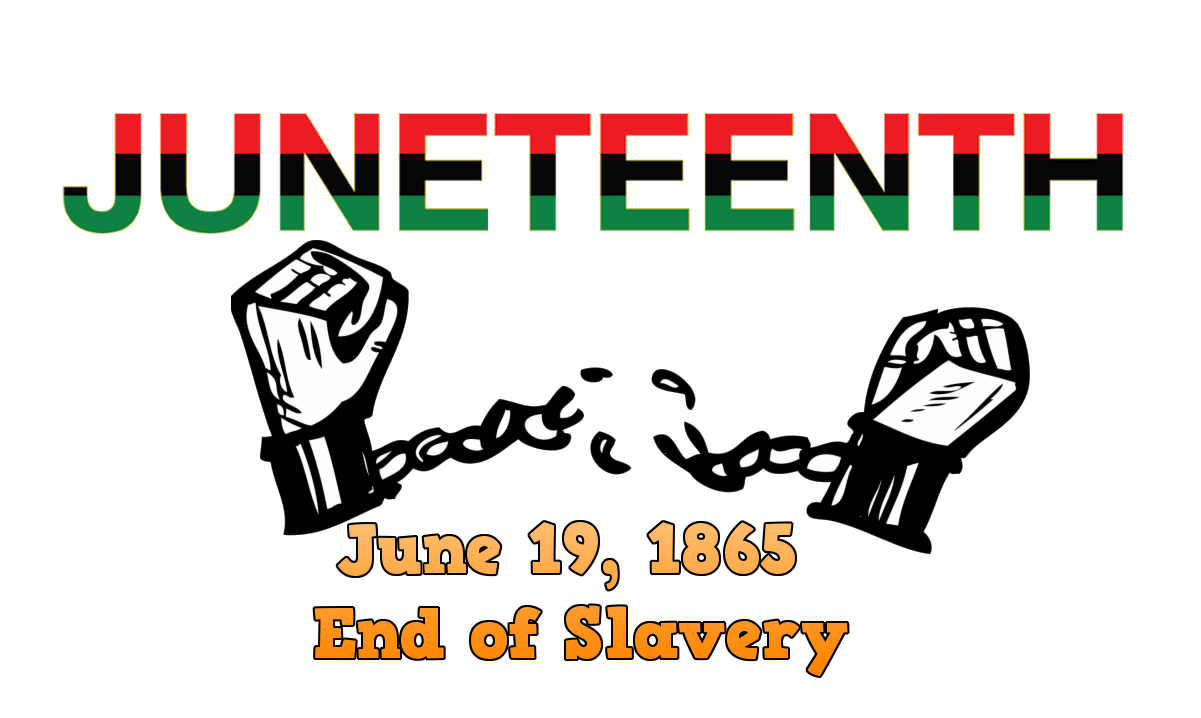
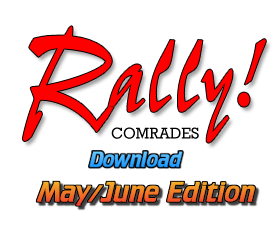
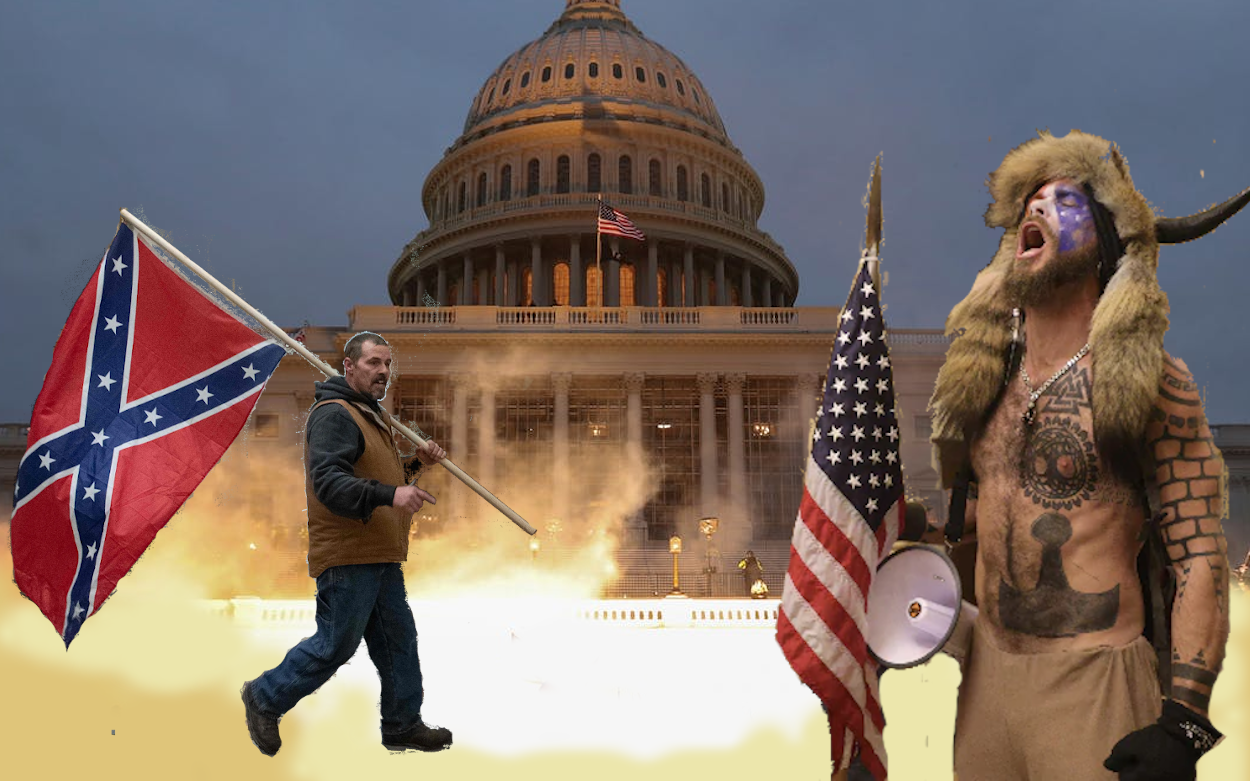
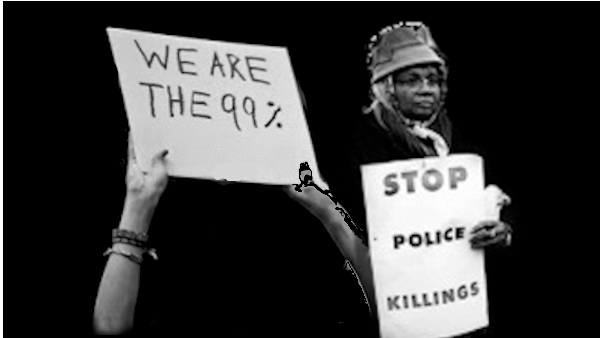
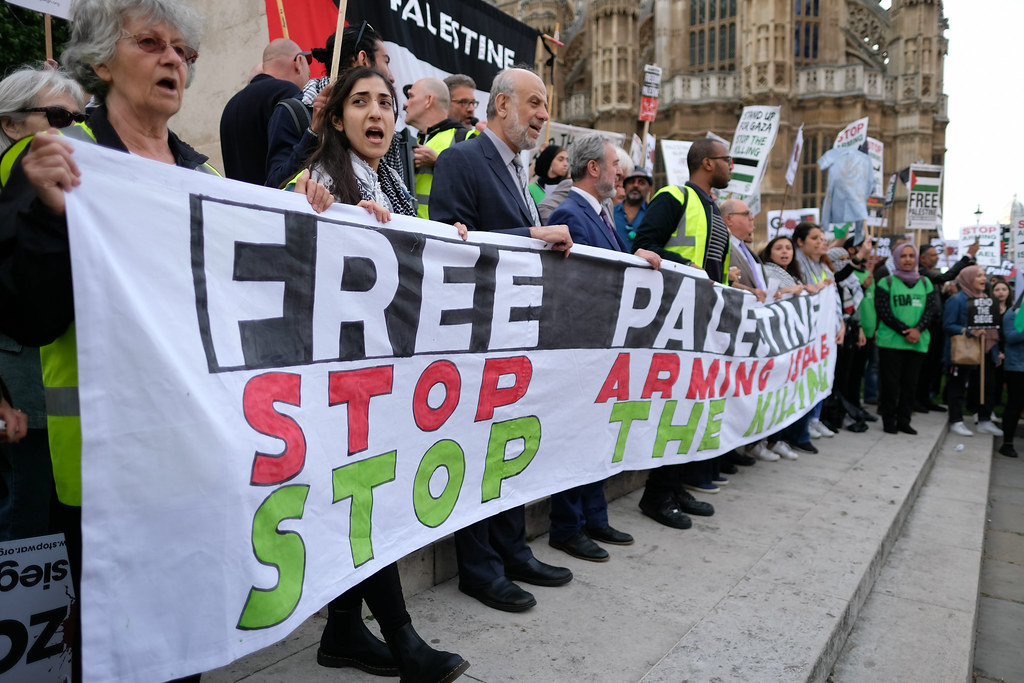

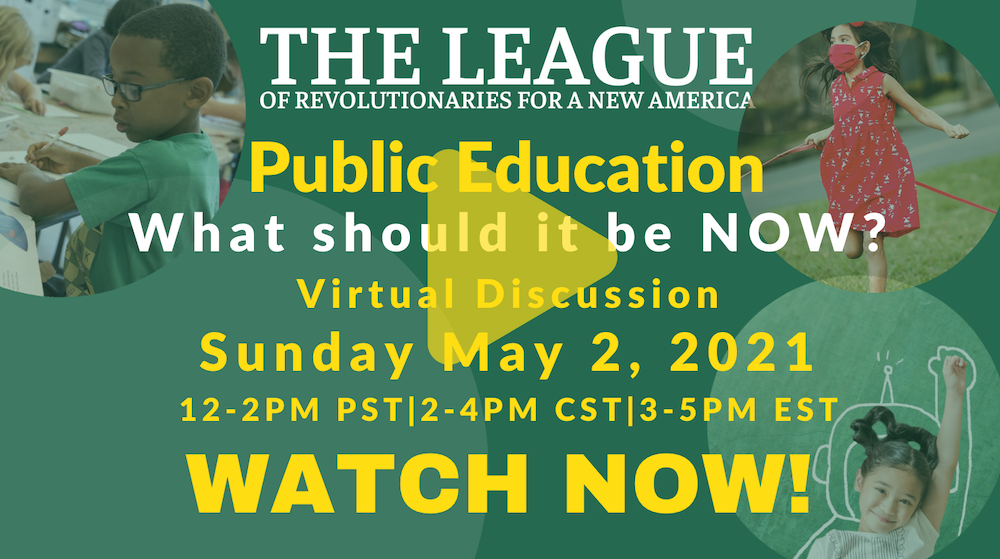
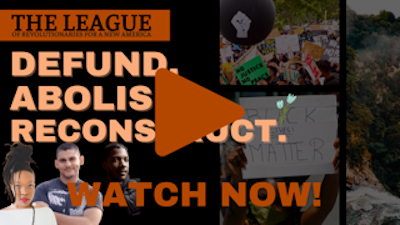
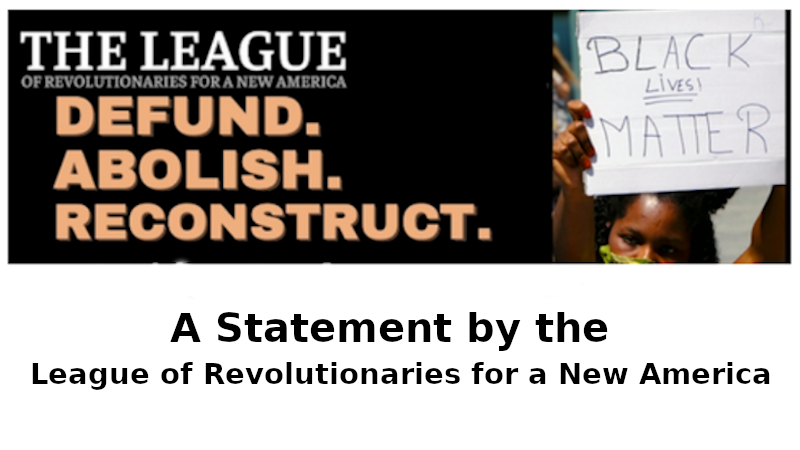
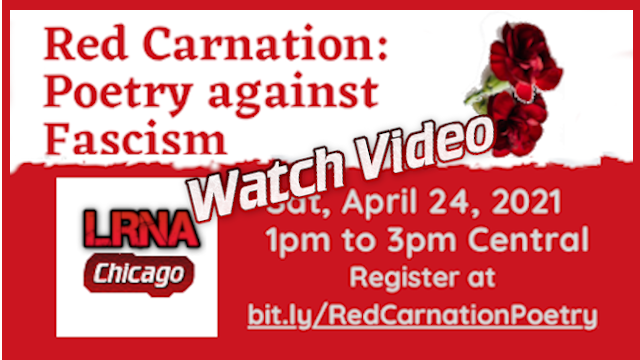
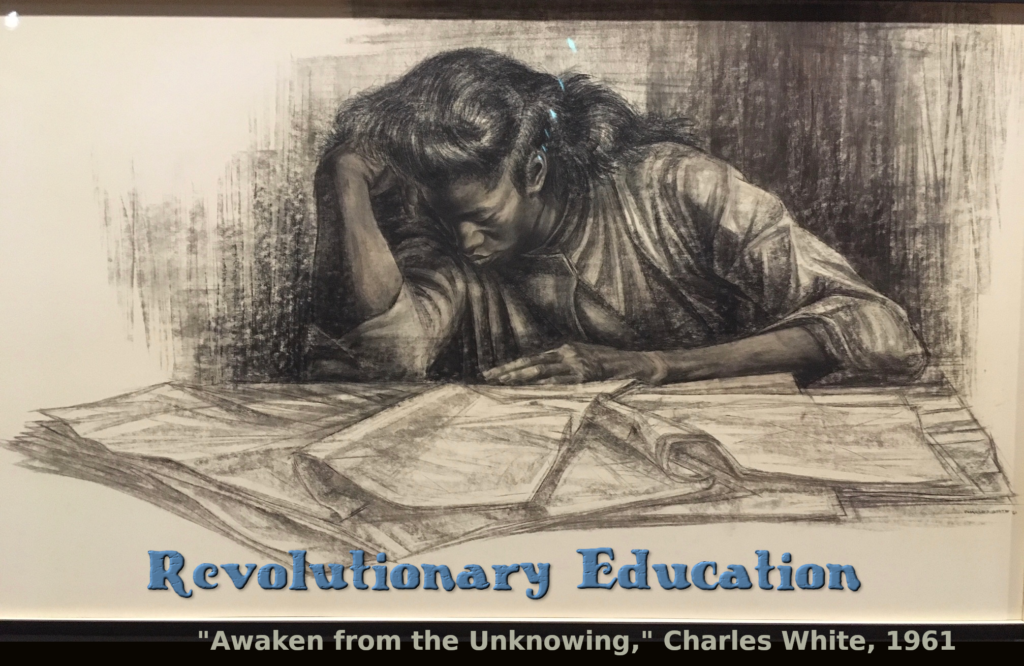
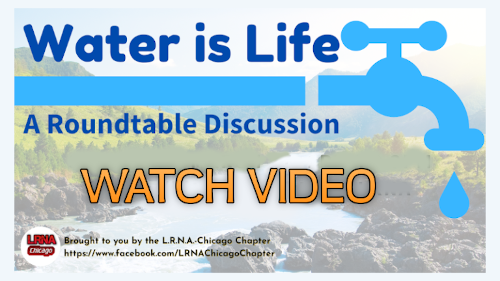
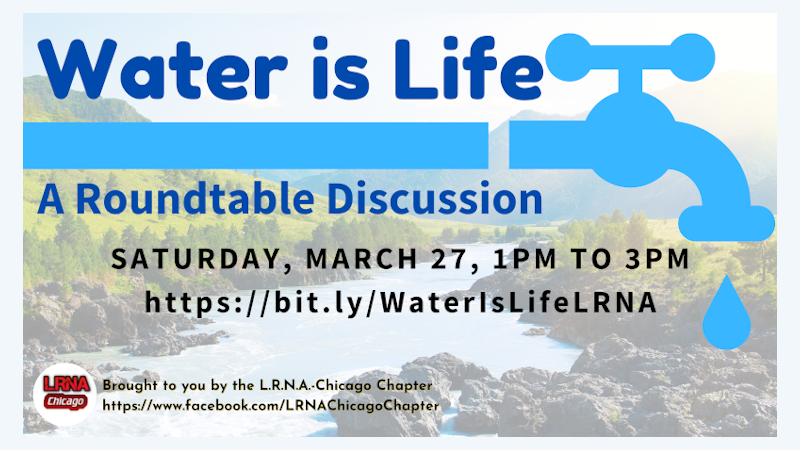
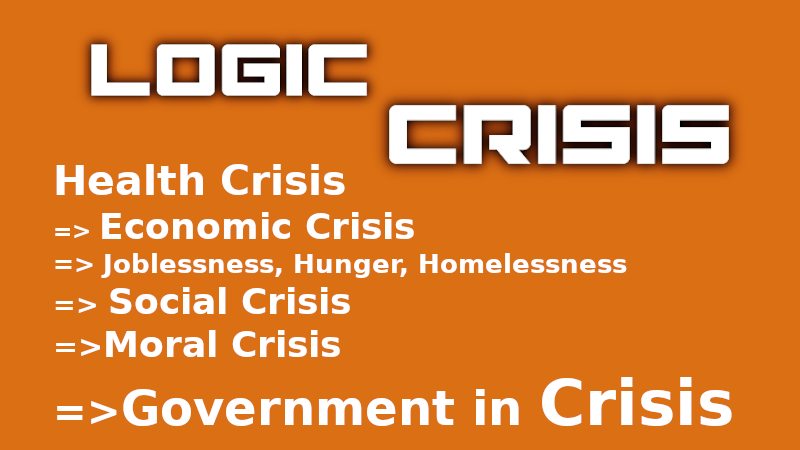
Keeping pace with regulatory changes can be challenging, but Iraq Business News highlights new laws and policies that impact business operations, ensuring you remain compliant and competitive
This article was packed with practical tips—thank you!